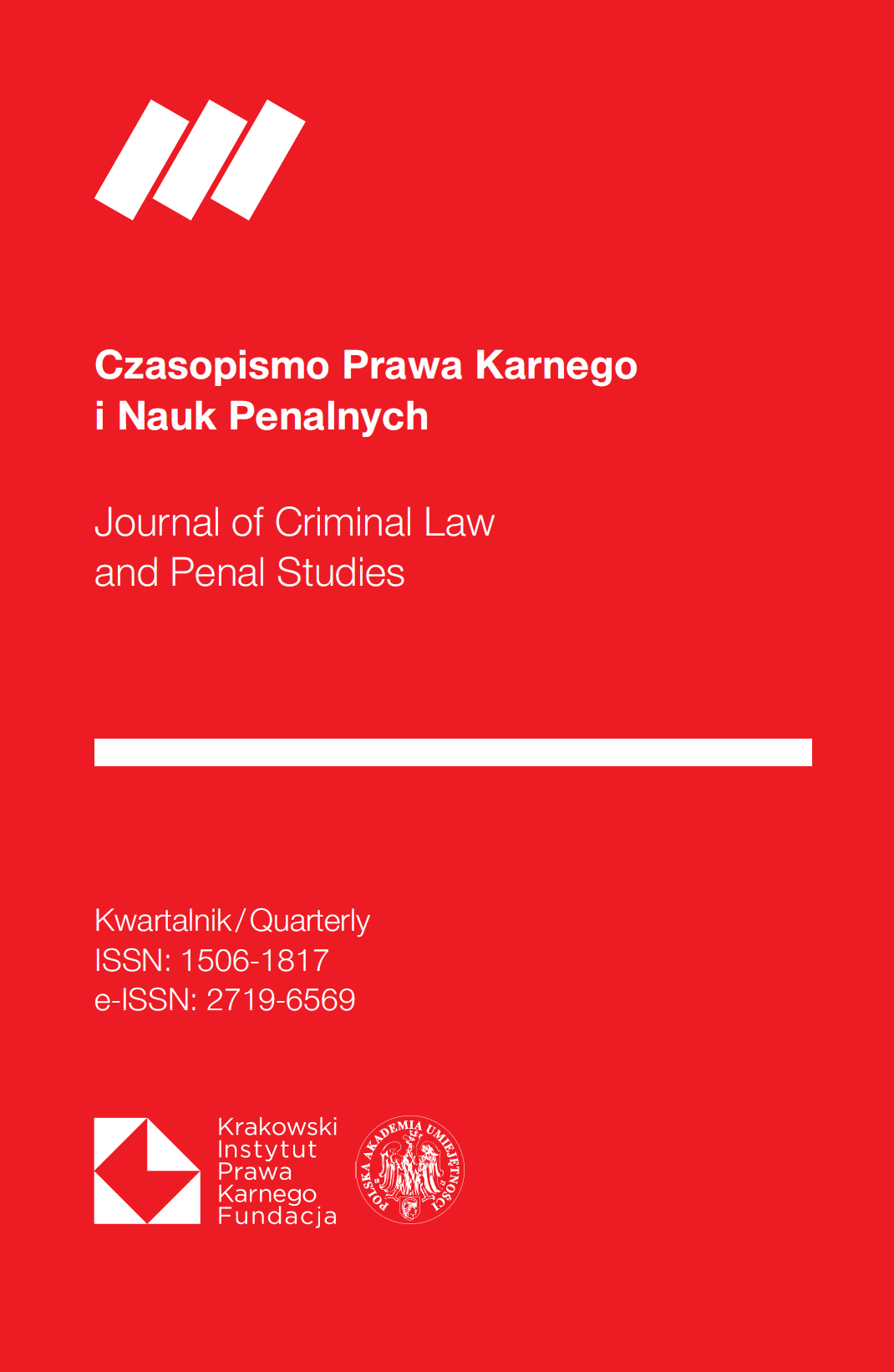Comparative Legal Analysis of Complicity in a Crime
Comparative Legal Analysis of Complicity in a Crime
Author(s): Vukan SlavkovićSubject(s): Criminal Law
Published by: Polska Akademia Umiejętności / Krakowski Instytut Prawa Karnego Fundacja
Keywords: complicity; criminal law; liability; incitement; aiding;
Summary/Abstract: The paper analyses the main provisions of complicity in the criminal law of Great Britain,the United States, France, and Germany. The norms on responsibility for crimes committedby a group of persons, regardless of whether they are regulated by the common lawor the Romano-Germanic legal system, were largely influenced by the accessory theoryof complicity. The criminal legislation of Great Britain and the United States considersincitement, conspiracy, and attempt not as stages of committing crimes but as independentcriminal offenses entailing punishment. There are many similarities between theBritish and French laws on accomplice liability. Both systems have the same startingpoint, what French scholars would describe as l’emprunt de la responsabilité, which canliterally be translated as ‘the borrowing of liability’. This is a way of explaining that theliability of the accomplice is dependent on the liability of the principal offender: withouta principal offense, there can be no liability for complicity. Although the terminology isdifferent, the law in both systems essentially covers the help or encouragement providedbefore or at the time of the principal offense. Once found liable, the accomplices are punishedas if they were the principal offenders. Contrary to the criminal law of the UnitedStates and Germany, in French law, the act of complicity must have been accomplishedand not merely attempted. In Germany, courts have long relied on subjective factors todraw distinctions between the forms of complicity: In order to be a perpetrator of anykind, it is necessary, according to long-standing jurisprudence, to have the mindset ofa perpetrator (animus auctoris) or the will to commit the offense oneself. The characteristicof a mere accomplice, in contrast, is that a person has the will to support another(animus socii).
Journal: Czasopismo Prawa Karnego i Nauk Penalnych
- Issue Year: 25/2021
- Issue No: 3
- Page Range: 139-160
- Page Count: 22
- Language: English

